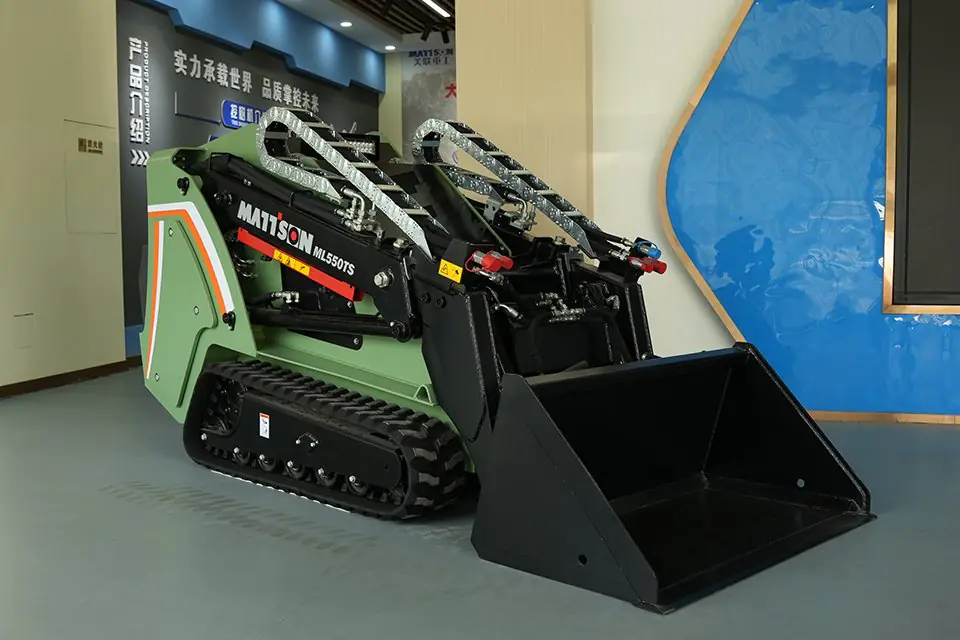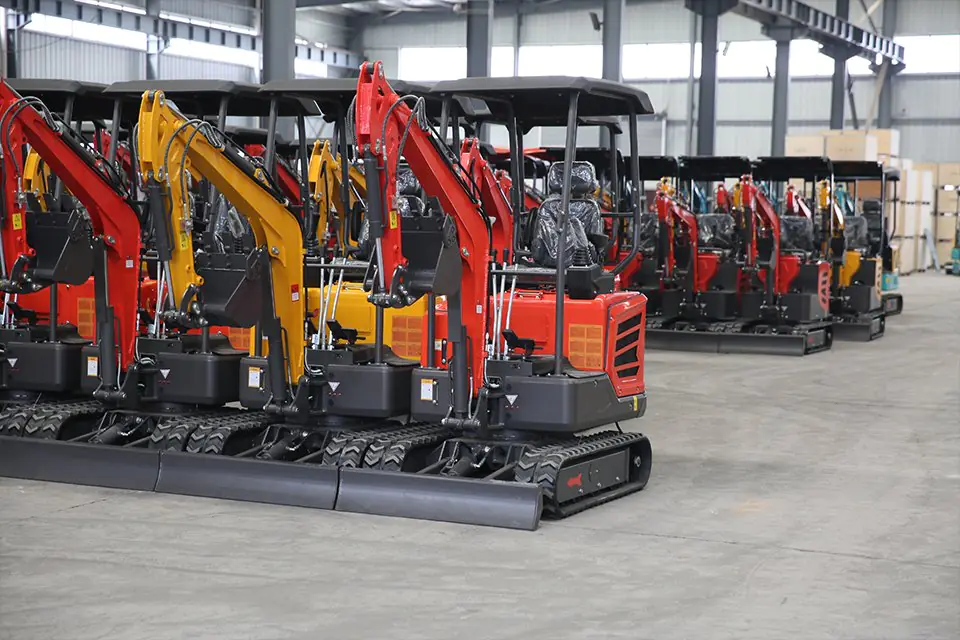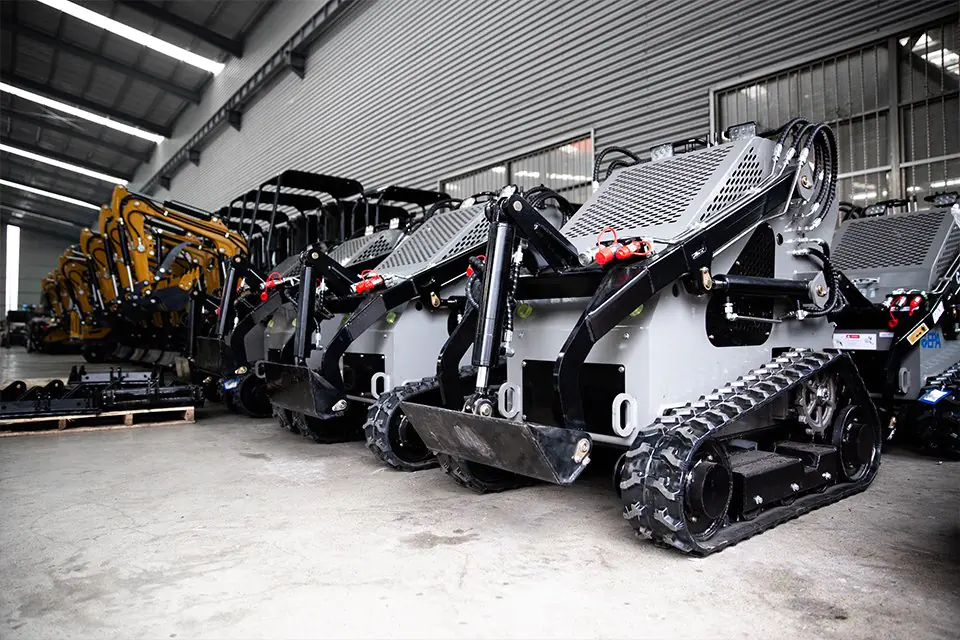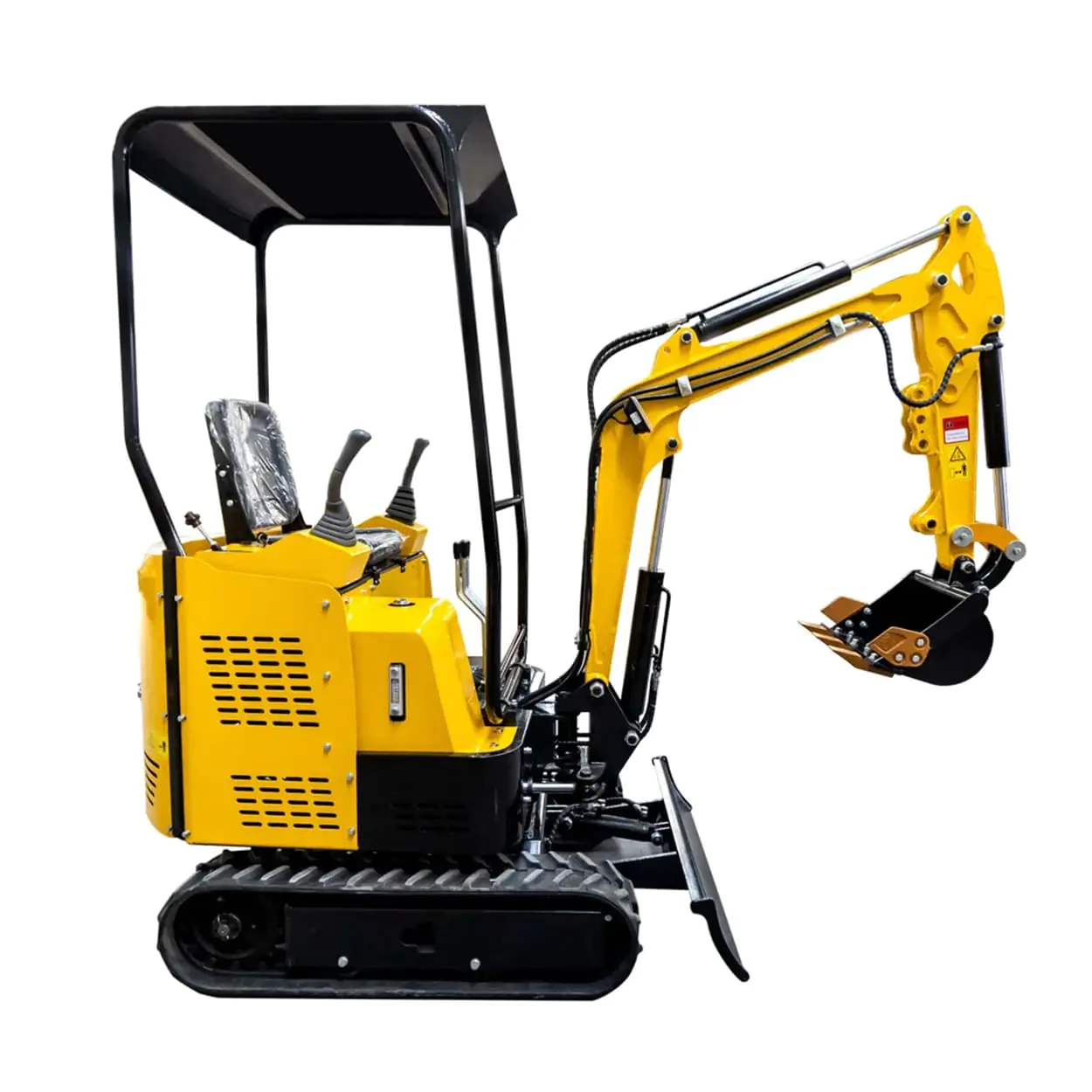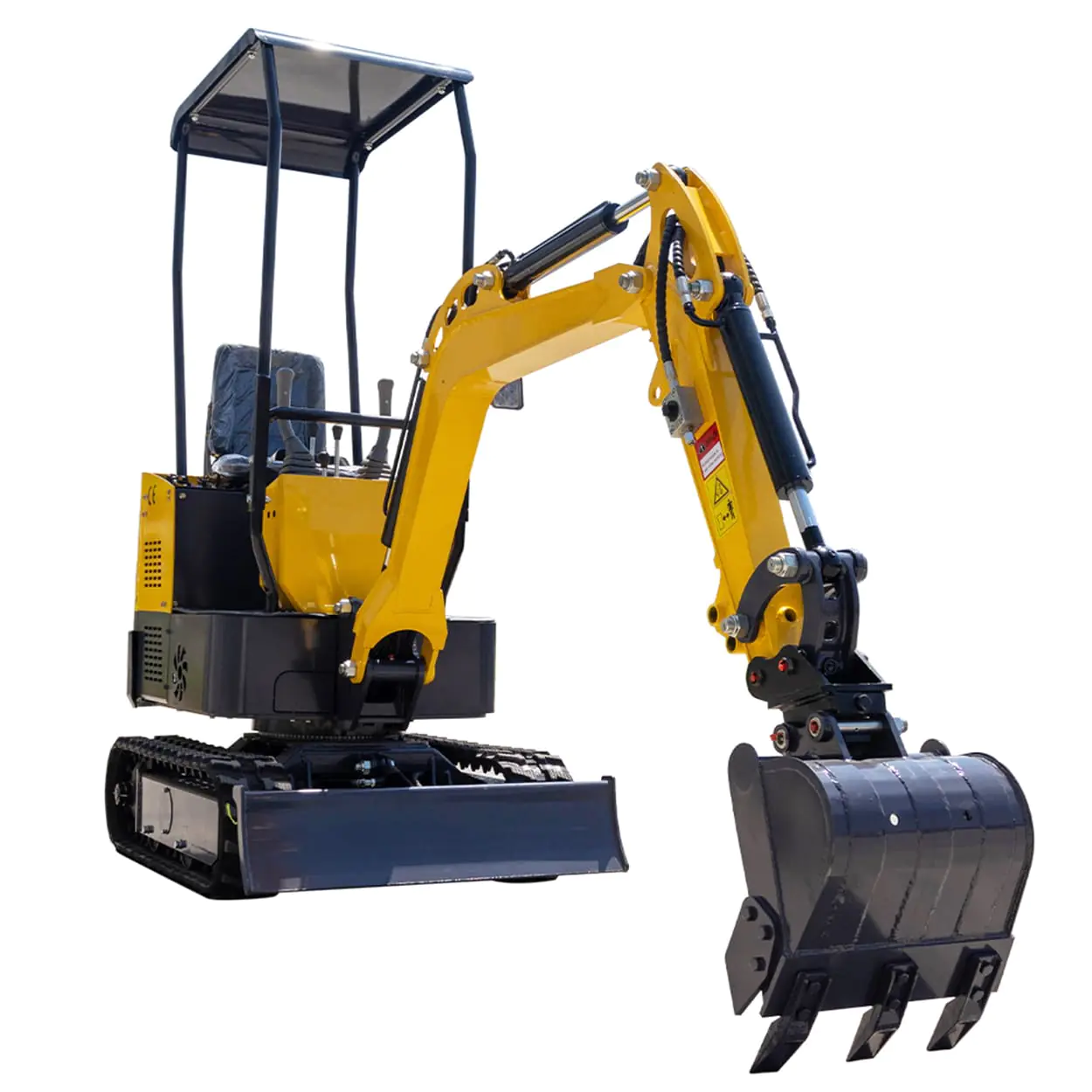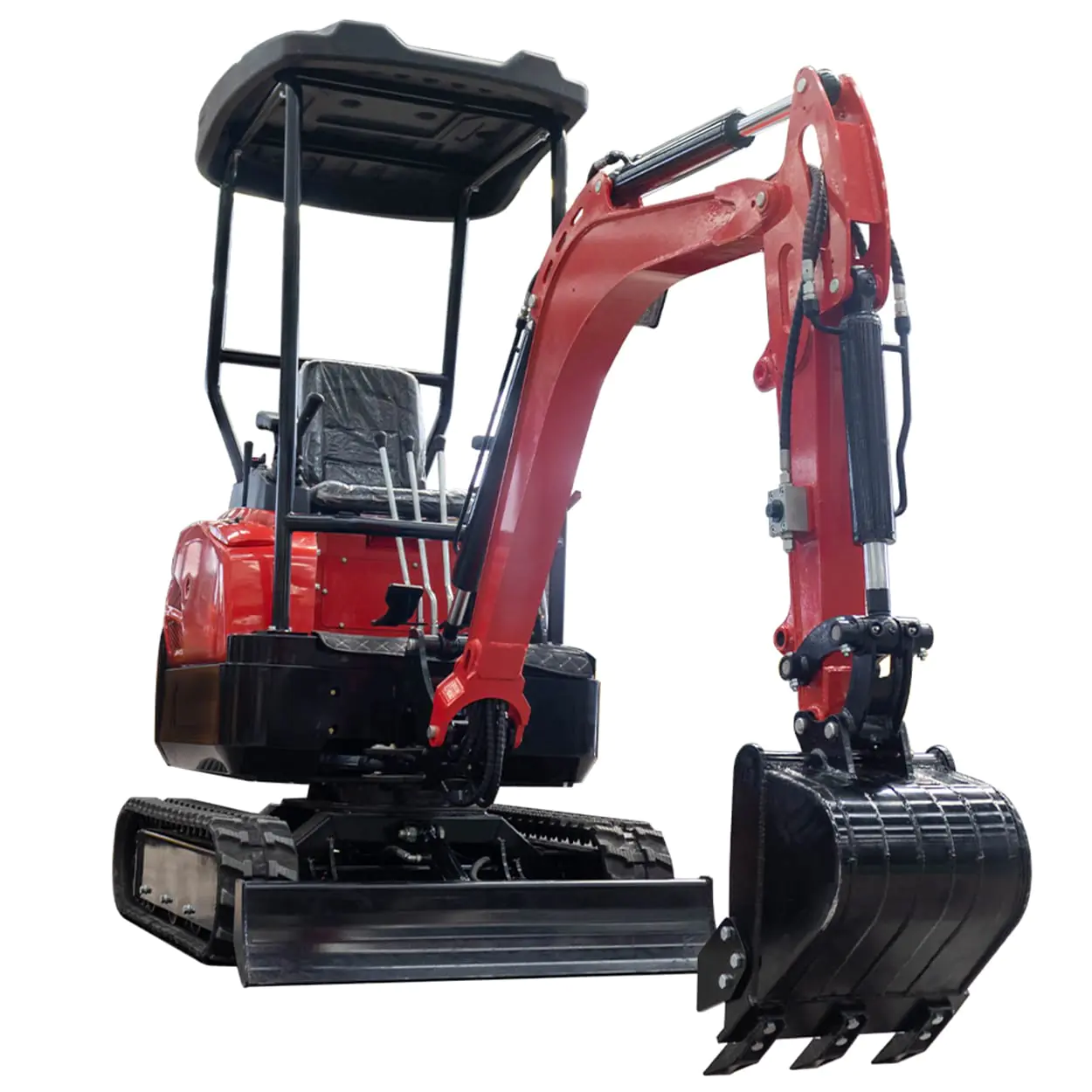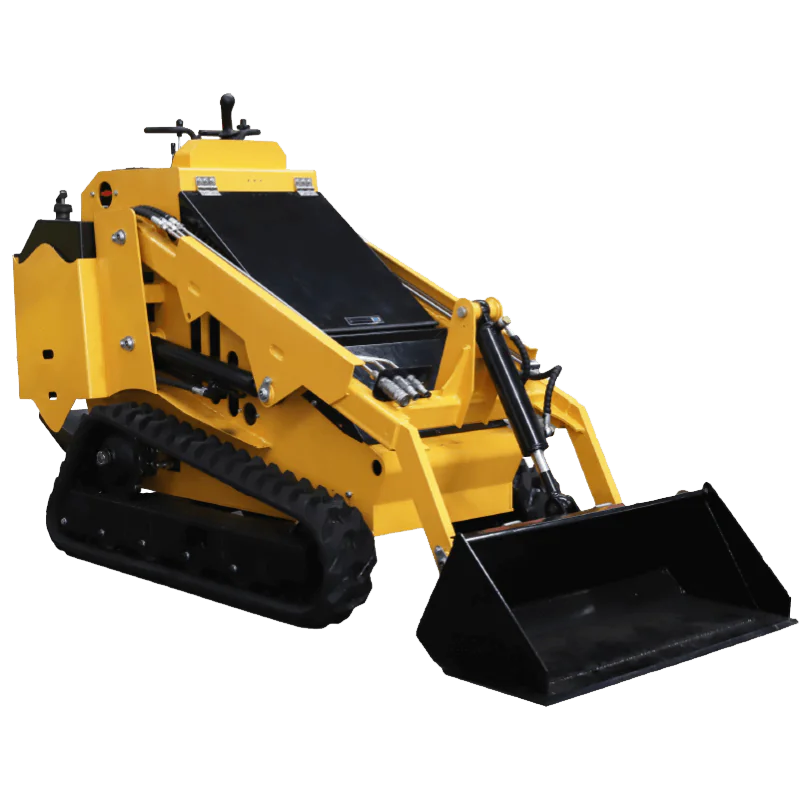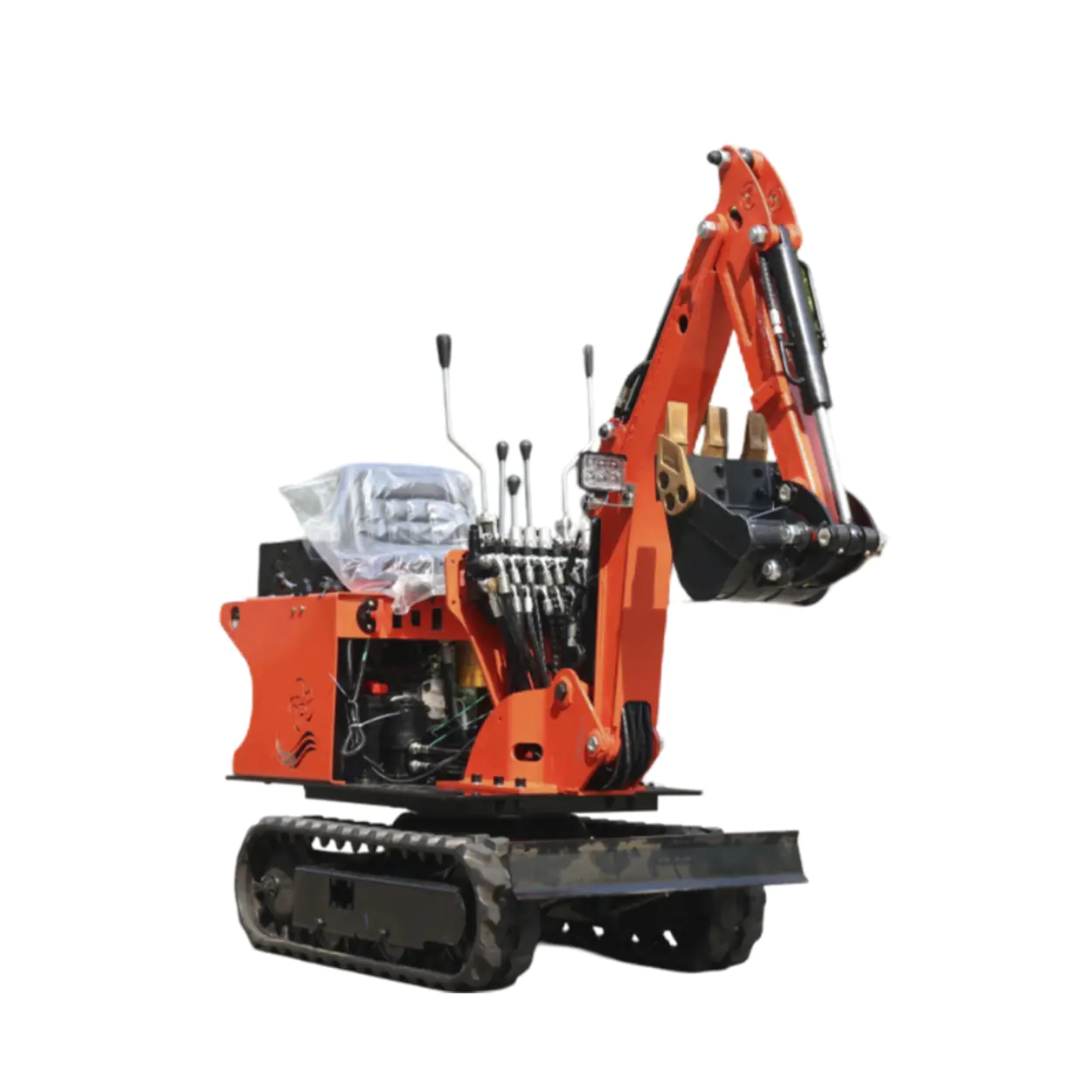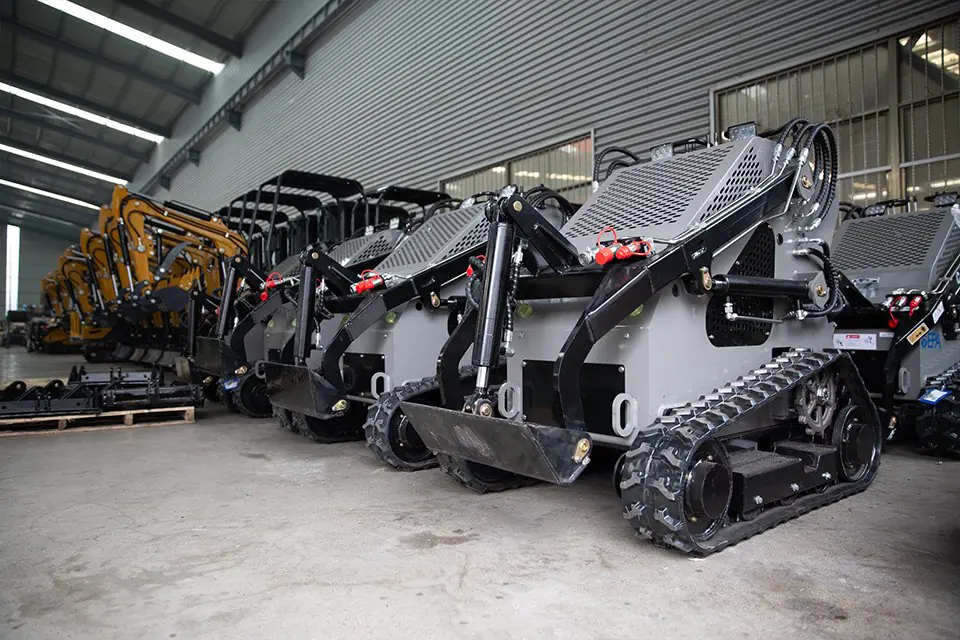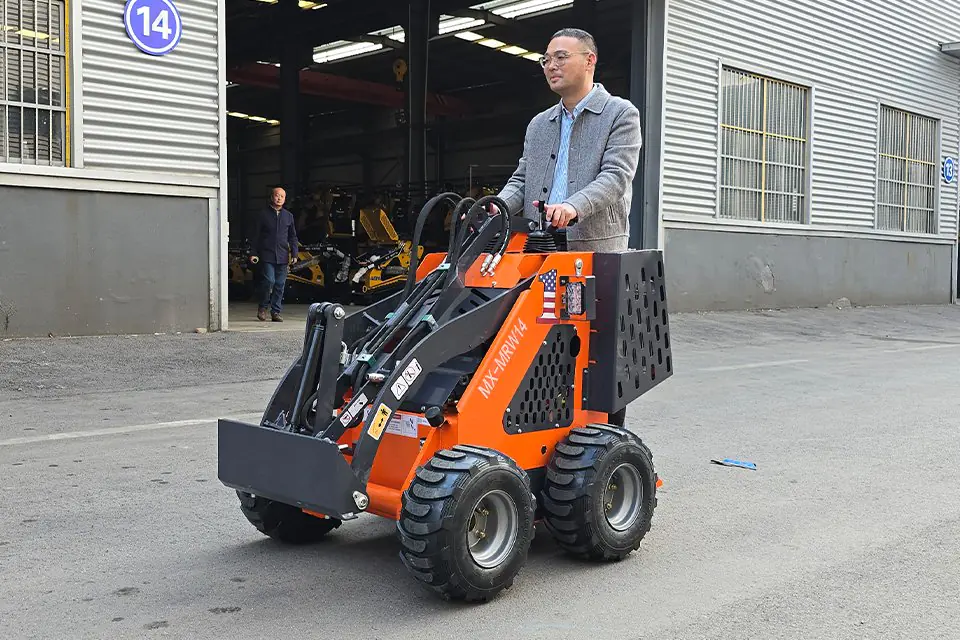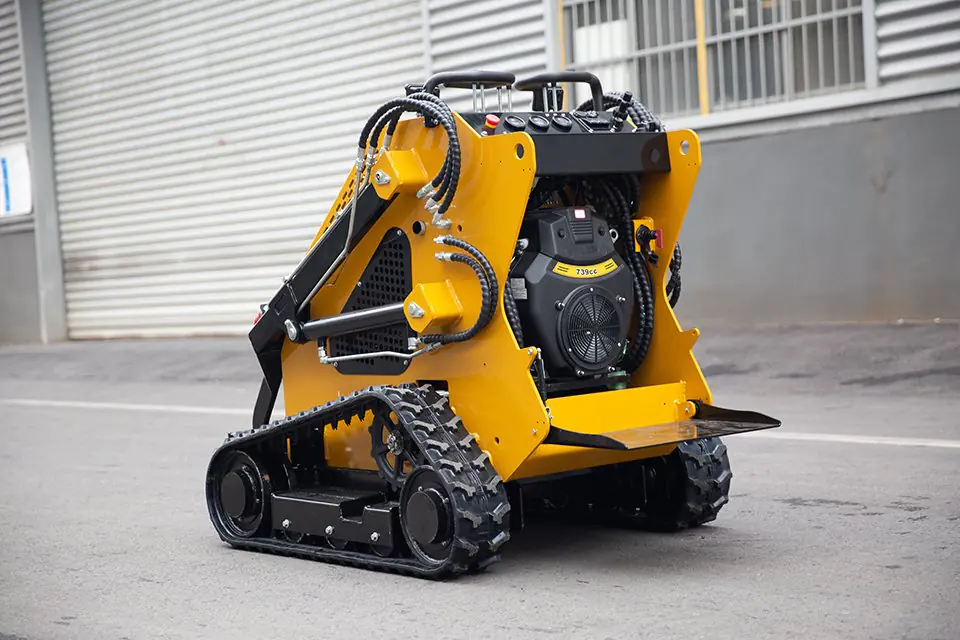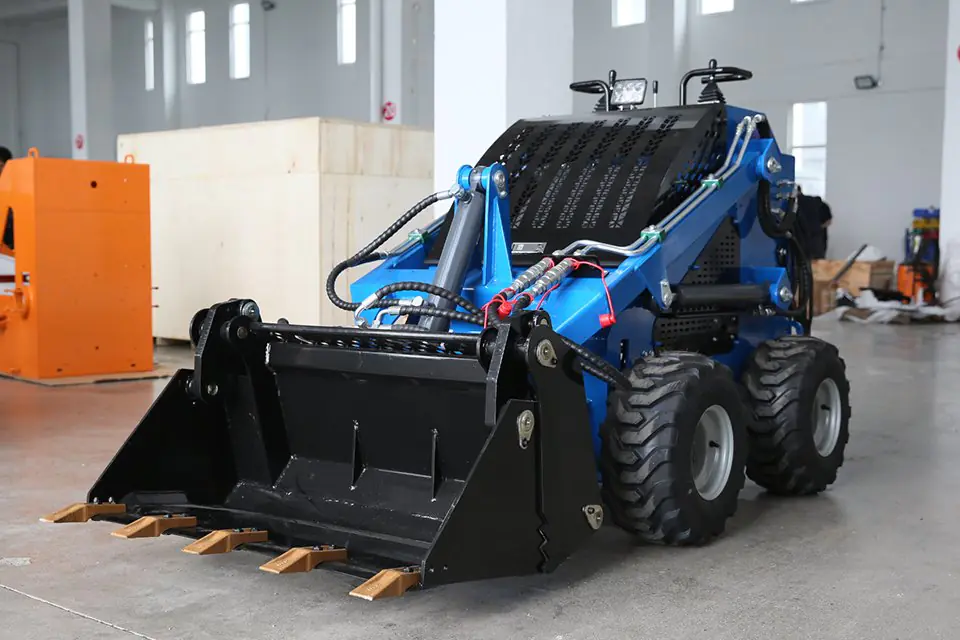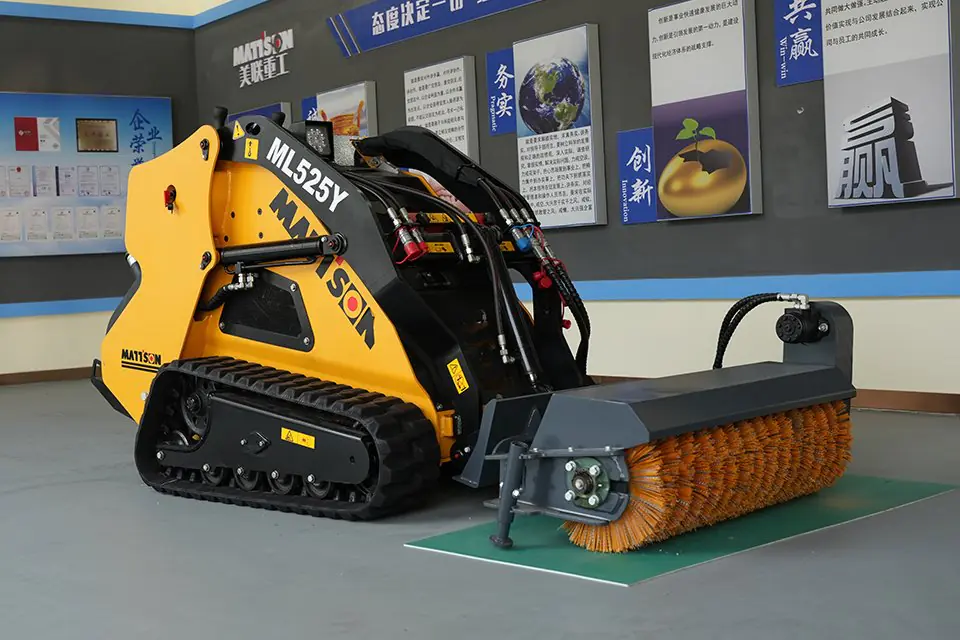Mini excavators are incredibly versatile machines that have become essential in construction, landscaping, and utility projects. If you’re considering purchasing or renting one, you might be wondering: How much does a mini excavator weigh? Understanding the weight of a mini excavator is crucial for transport, operation, and ensuring it meets your project needs. In this comprehensive guide, we’ll delve into everything you need to know about mini excavator weight and how to choose the right mini excavator for your tasks.
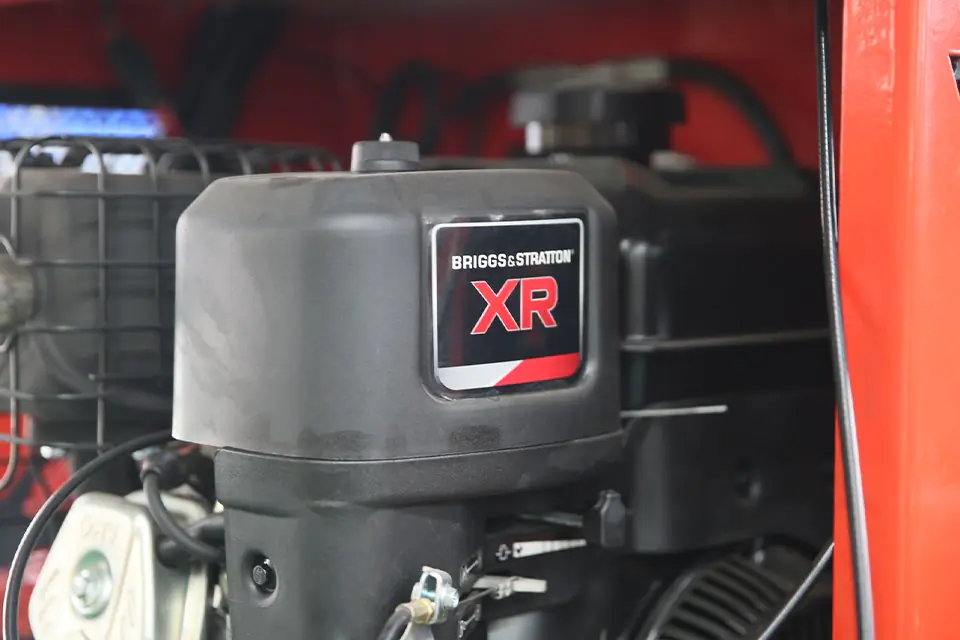
What Is a Mini Excavator?
A mini excavator, also known as a compact excavator, is a smaller version of a standard excavator. These machines typically weigh less and have a more compact size, making them ideal for projects where space is limited. Mini excavators are incredibly versatile and can handle a variety of tasks with the right attachments.
Why Is the Weight of a Mini Excavator Important?
The operating weight of a mini excavator is a major factor in its performance and usability. Knowing the weight of your mini excavator helps in:
- Transporting the Machine: Ensures you have the right trailer and towing capacity.
- Ground Impact: Determines how the excavator interacts with different terrains.
- Stability and Lifting Capacity: Affects how much the excavator can handle safely.
- Compliance with Regulations: Important for adhering to road and job site weight limits.
How Much Does a Mini Excavator Weigh?
So, how much does a mini excavator weigh? The weight can vary significantly depending on the model and manufacturer. Generally, mini excavators typically weigh between 1,500 lbs (680 kg) to 20,000 lbs (9,072 kg). Let’s break down the weight of mini excavators by size:
- Small Mini Excavators: 1,500 lbs to 4,000 lbs (680 kg to 1,814 kg)
- Medium Mini Excavators: 5,000 lbs to 10,000 lbs (2,268 kg to 4,536 kg)
- Large Mini Excavators: 11,000 lbs to 20,000 lbs (4,990 kg to 9,072 kg)
Factors That Affect Mini Excavator Weight
Several factors can impact the weight of a mini excavator:
- Attachments: Adding excavator attachments like buckets, breakers, or augers increases the total weight.
- Cab Type: Enclosed cabs often weigh more than open-station models.
- Undercarriage: Steel tracks are heavier than rubber tracks.
- Fuel and Fluids: The operating weight includes fuel, hydraulic oil, and other necessary fluids.
Comparing Mini Excavator Models
Different mini excavator models from various manufacturers have varying weights. For instance:
- 0.8 Ton Mini Excavator: Weighs approximately 2,000 lbs.
- 1.2 Ton (2,500 lb) Mini Excavator: Weighs around 2,500 lbs.
- 2 Ton Mini Excavator: Comes in at about 4,409 lbs.
These weights are critical when selecting the right excavator for your needs.
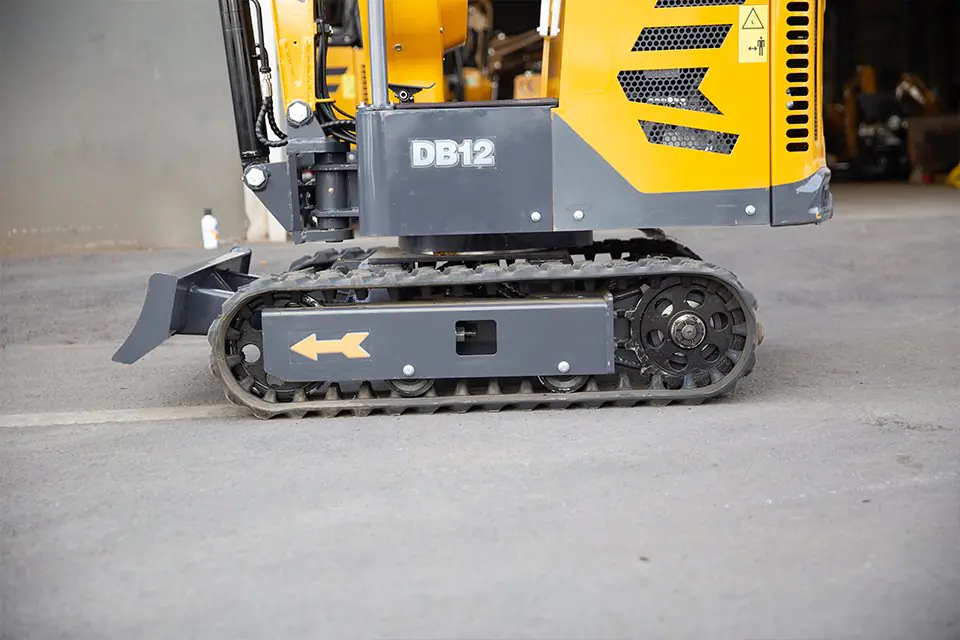
Mini Excavator Weight vs. Standard Excavator Weight
Compared to standard excavators, which can weigh over 45,000 lbs (20,412 kg), mini excavators are smaller and lighter. This difference in weight allows mini excavators to operate in confined spaces and reduces the impact on the job site.
Choosing the Right Mini Excavator
Choosing the right mini excavator involves more than just looking at the weight. Consider the following:
- Project Requirements: What tasks will the excavator perform?
- Site Conditions: Is the terrain uneven or sensitive?
- Transport Limitations: Can you transport heavier equipment?
- Attachments Needed: Will you use specific attachments that add weight?
Operating Weight and Its Significance
The operating weight of a mini excavator includes the machine’s weight with a standard bucket, full fuel tank, and the operator. It’s crucial because it:
- Ensures the Excavator Operates Safely: Prevents tipping and maintains stability.
- Determines the Weight Limit: Helps in planning for hauling and compliance.
- Influences Performance: Affects digging depth and lifting capacities.
Popular Mini Excavator Brands and Their Weights
Brands like Kubota, CAT, and Bobcat offer various models with differing weights:
- Kubota Mini Excavators: Known for reliability, models like the Kubota U17 weigh approximately 3,700 lbs.
- CAT Mini Excavators: The CAT 301.5 weighs around 3,687 lbs.
- Bobcat Mini Excavators: The Bobcat E20 has an operating weight of about 4,306 lbs.
Understanding these weights helps determine which machine is suitable for your needs.
The Impact of Attachments on Weight
Adding attachments can significantly increase the weight of your mini excavator. Common attachments include:
- Buckets
- Augers
- Hydraulic Breakers
- Grapples
It’s essential to account for the weight of these attachments when calculating the total weight of the machine.
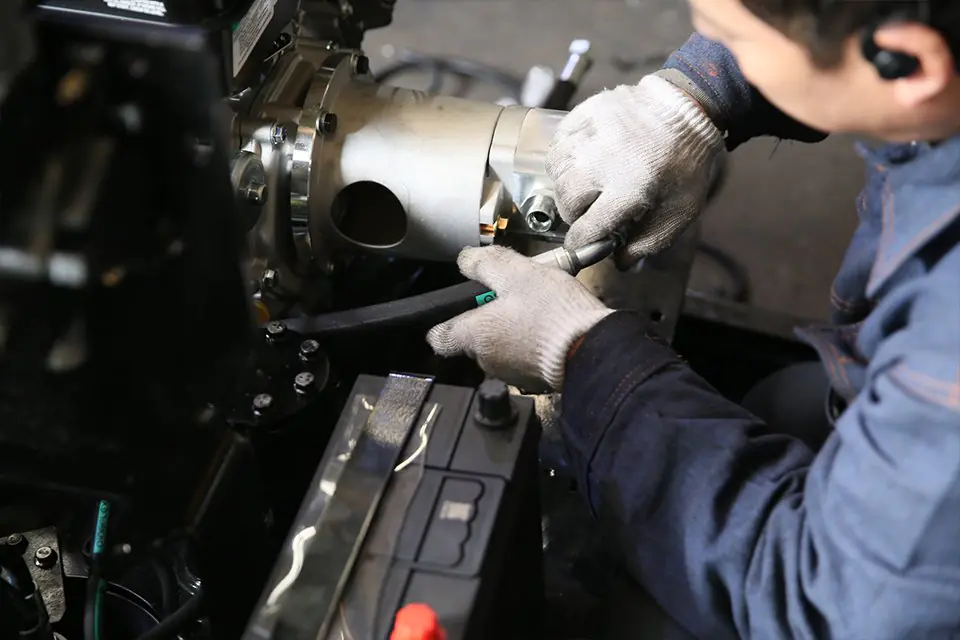
Renting vs. Purchasing a Mini Excavator
When deciding between renting a mini excavator or purchasing one, consider:
- Frequency of Use: Will you use it regularly?
- Cost: Renting might be more cost-effective for short-term projects.
- Transportation: Do you have the means to transport the excavator?
- Storage: Is there space to store the machine when not in use?
Important Mini Excavator Specs to Consider
Beyond weight, other important mini excavator specs include:
- Digging Depth
- Engine Power
- Hydraulic Flow
- Tail Swing Type
These specifications influence the excavator’s performance and suitability for specific tasks.
Tips for Transporting Your Mini Excavator
Transporting your mini excavator safely involves:
- Understanding the Total Weight: Including attachments and fluids.
- Using the Right Trailer: Ensuring it can handle the excavator’s weight.
- Securing the Load Properly: Following regulations for tie-downs.
- Checking Legal Requirements: Compliance with road weight limits.
Conclusion
Understanding the weight of a mini excavator is essential for making informed decisions about purchasing, renting, and operating these versatile machines. By considering factors like operating weight, attachments, and project needs, you can choose the right mini excavator that ensures efficiency and safety on the job site.
Key Takeaways
- Mini excavators typically weigh between 1,500 lbs to 20,000 lbs.
- Operating weight includes the machine, fluids, and operator.
- Attachments add to the total weight and impact performance.
- Choosing the right mini excavator depends on project needs and site conditions.
- Transport considerations are crucial due to weight and legal requirements.
Looking for reliable mini excavators? Check out our range:
For more information on attachments, visit our page on Mini Skid Steer Loaders.
